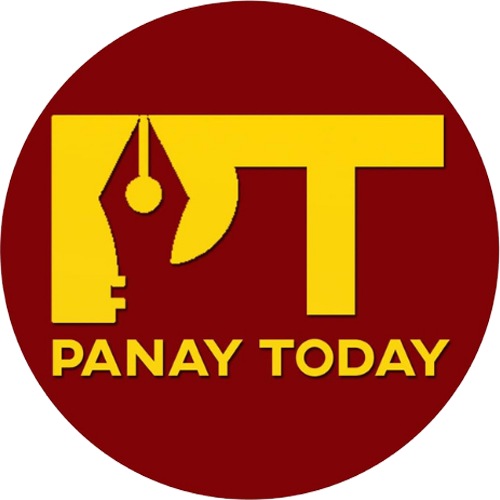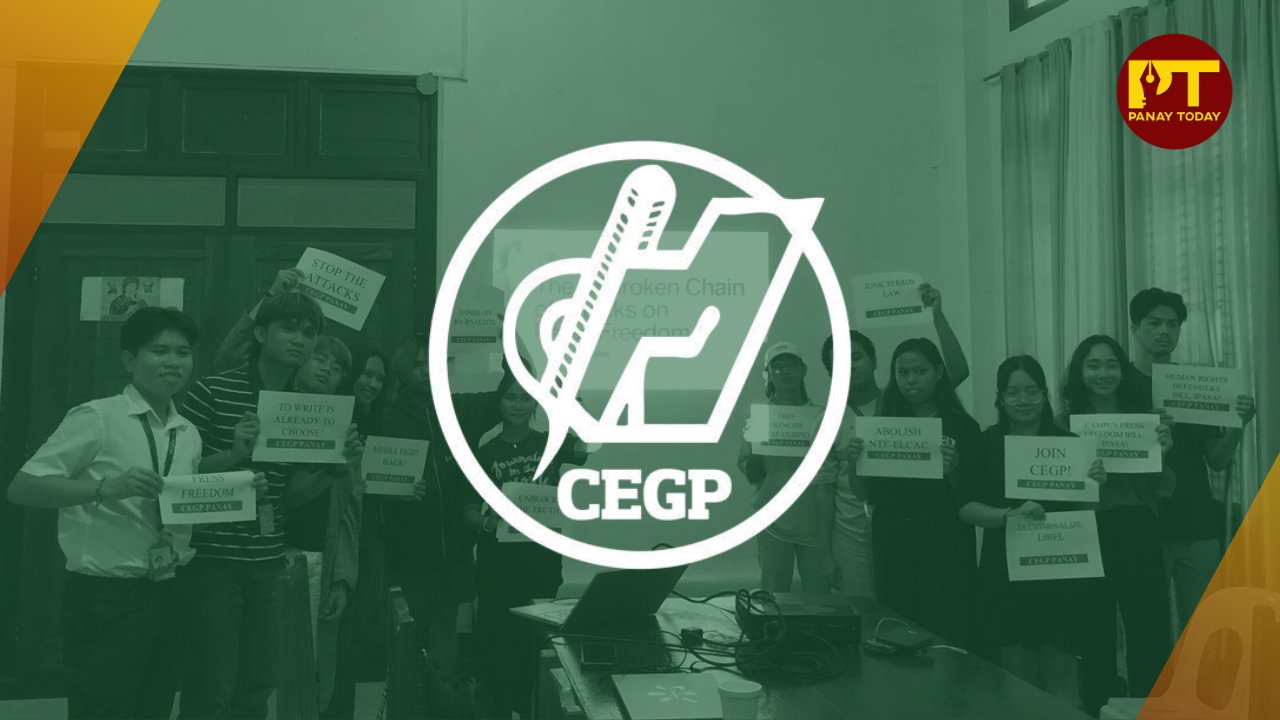By: Juliane Judilla
On July 25, 1931, four school paper editors from four of the biggest universities in the country convened to create a guild for student publications and student journalists. The goal? To enhance their journalistic skills. However, it wasn’t until the following year that they ventured beyond their publication offices and classrooms onto the streets, demanding legitimate calls and affirming the genuine and essential role of the campus press: reporting stories beyond the university walls.
This was led by Ernesto Rodriguez Jr., former editor-in-chief of The Guidon, the official publication of the Ateneo De Manila University, and also former EIC of The National, the official publication of the National University.
The first national chairperson of the guild was Wenceslao Vinzons of the Philippine Collegian, the official publication of the University of the Philippines-Diliman. Vinzons, dubbed the “Father of Student Activism” in the Philippines, was the first delegate to the 1934 Constitutional Convention that outlined the 1935 Constitution and led the guerrilla uprising in Bicol during the Second World War. He was captured and killed by Japanese forces.
Apart from Vinzons, Rodriguez, and Burgos, other prominent CEGP alumni are recognized in various fields: politics, literature, journalism, activism, the academe, and the armed struggle.
Among them were Randy Malayao, Antonio Tagamolila, Lorena Barros, Emmanuel Lacaba, Reynato Puno, Miriam Defensor-Santiago, Bienvenido Lumbera, Luis Teodoro Jr., Satur Ocampo, Neri Colmenares, Teddy Casiño, Raymund Villanueva, Ronalyn Olea, Nonoy Espina, and Jose Maria Sison.
Ninety-three years since its founding, the College Editors Guild of the Philippines (CEGP) remains the largest and only alliance of campus publications and journalists in the Asia-Pacific, advocating for the interests of the campus press and defending it against attacks.
Aside from my favorite tagline, “Sumulong, sumulat, manindigan, at magmulat,” another phrase resonates deeply with me: “To write is already to choose.” This reminded me of a brisk night in September 2023, when, after a series of training sessions, we were drinking at a famous ‘tambayan’ in Bacolod. A friend remarked on how journalists seem to have overused the phrase “hold the line,” popularized by a journalist who, in the face of severe injustice, remained neutral (but that’s a story for another time). She suggested that instead of “holding” the line, we should “advance” it, alongside the masses, leading us forward. This sentiment echoes the famous CEGP tagline. To write is already to CHOOSE. To write is ALREADY to choose.
Reflecting on its rich history, we recognize the imperative to strengthen the campus press and its significance. In today’s media landscape and political climate, it is no longer acceptable to turn a blind eye to any form of injustice. Whether we are writing compelling stories about workers demanding a livable wage, farmers in remote communities and gated haciendas fighting for genuine agrarian reform, students on picket lines calling for a greater education budget, or jeepney drivers striking to defend their livelihoods—we consider these stories as bullets in our arsenal, our weapon being the truth.
We pledge to follow the path paved by our alumni, carrying the torch in our right hand with our left fist raised high.
We are here because we chose to write. And so, we persist. No longer do we simply hold the line; instead, we propagate and advance it—alongside the masses and the stories we share, tell, and write.





